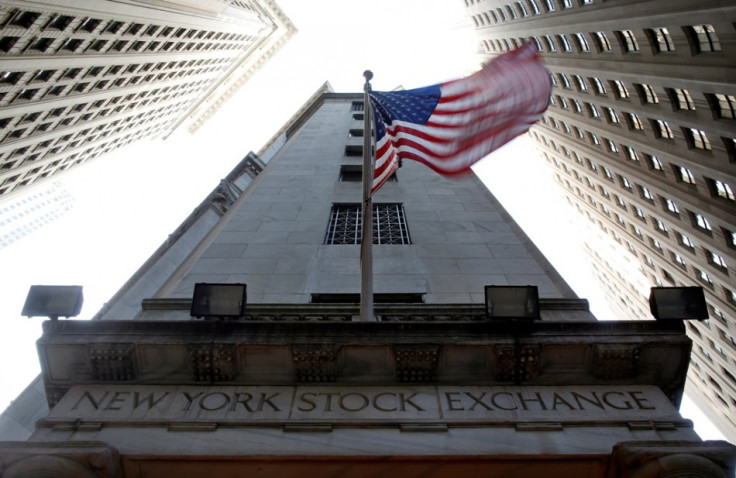ICE Proposes to Take Euronext Public in 2014

The IntercontinentalExchange, which now controls the New York Stock Exchange and the bourses of Paris, Brussels, Lisbon and Amsterdam, plans to take Euronext public in 2014.
In addition, the Atlanta-based group, known as ICE, will announce within days which parts of NYSE it proposes to divest.
ICE, a futures exchange, will complete its $10bn (£6.3bn, €7.4bn) buyout of NYSE Euronext on 13 November. The combined company will now become the third-largest stock exchange group globally.
The combined entity will begin trading under the symbol ICE on 13 November, said Chief Executive Jeff Sprecher.
Dismissing rumours that Euronext could be sold, Sprecher told the Financial Times: "We have been working on a separate European continental exchange . . . and we will take the company public. We've been solely working on that."
The French government has endorsed ICE's plans to list Euronext.
A report by Thierry Francq, an adviser to the French Treasury, said ICE must institute a core group of shareholders with a 25% shareholding at the minimum, representing the interests of the four Euronext bourses in France, Belgium, Portugal and the Netherlands.
The suggested move would ensure Euronext's stability, according to the report.
The report added that the proposed flotation of Euronext "constitutes an opportunity for Euronext to develop services in the places where it operates and to play a key role in the desired organisation of the market and post-market infrastructures in Europe and the eurozone in particular".
Nasdaq's Woes
ICE has been critical of the way US stock markets function. Trading in the US is split across several venues, with some experiencing technical outages.
The Nasdaq equity exchange suffered a computer glitch that delayed trading in derivative contracts linked to the benchmark Nasdaq 100 index for about 45 minutes on 29 October.
In September, the exchange suffered a shorter shutdown.
In August, operations at Nasdaq were closed for three hours due to a system breakdown. The company said the issue was caused by a glitch in software that publishes the prices of stocks listed on the exchange.
Earlier, in May, investors were left guessing after a technical glitch delayed Facebook's trading debut by half an hour, and it was not until two hours later that traders were sure of the transactions they had made.
© Copyright IBTimes 2025. All rights reserved.






















